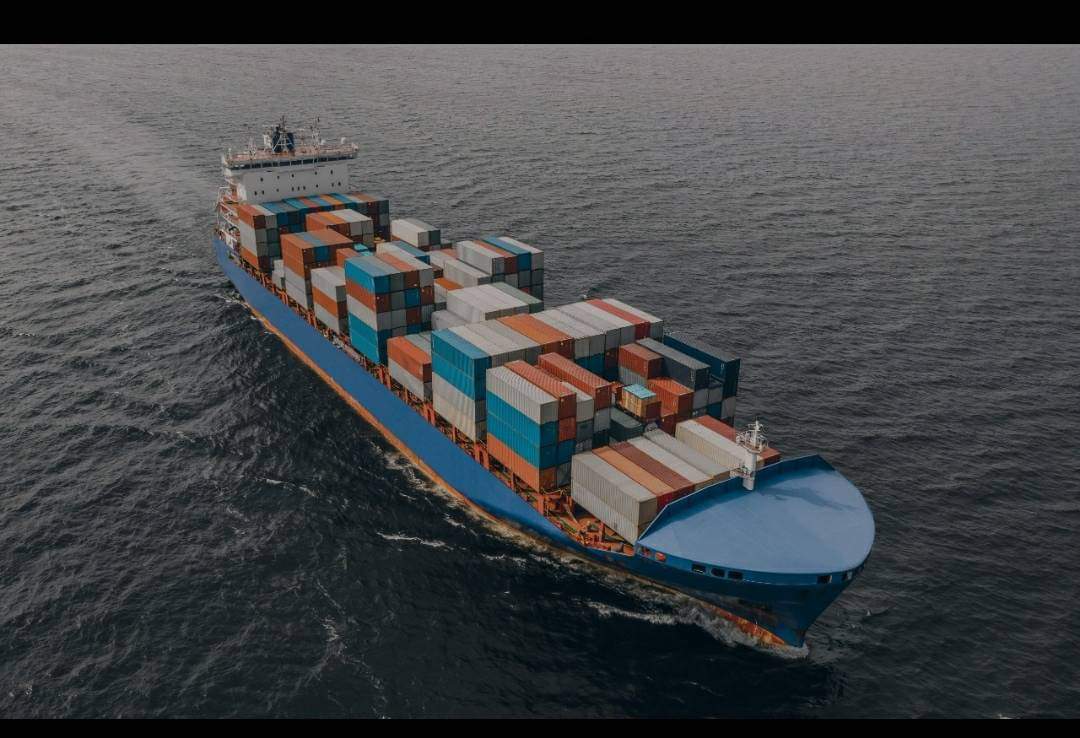
When your business expands to serve an international customer base, managing logistics can become a complex task. Equipped with advanced technology and expertise, fulfilment centres play a crucial role in ensuring that goods move smoothly across borders. These centres address the fundamental challenges of international shipping and customs, providing seamless solutions that cater to the needs of e-commerce third-party logistics (3PL) fulfilment services. If you’re an online retailer, understanding the mechanisms of these fulfilment processes can improve the efficiency and scalability of your operations.
Among the services that fulfilment centres offer, you’ll find that Los Angeles 3PL services by Ops Engine include a range of solutions tailored to meet the demands of the ever-expanding e-commerce landscape. These services facilitate a variety of tasks, from storage and inventory management to direct dispatch to your customers, embodying full circle fulfilment. They are designed to function as an extension of your brand’s operations department, adapting to the dynamic e-commerce environment.
Handling international shipping also involves navigating the complexities of customs regulations. This is where fulfilment centres prove indispensable, processing necessary paperwork and ensuring compliance with international trade laws to prevent any delays. By streamlining picking, packing, and shipping processes, they make sure your customers’ orders are delivered on time and in optimal condition, reinforcing the trust and reliability of your brand on a global stage.
Understanding International Shipping
In the realm of international commerce, understanding the intricacies of shipping across borders is crucial for the smooth operation of fulfilment centres. Efficient management of global logistics networks and compliance with international shipping laws are the cornerstone of successful international trade.
Global Logistics Networks
International shipping hinges on a well-oiled global logistics network. Your fulfilment centre needs to have strong partnerships with carriers who have an extensive international presence. This ensures that your goods can be shipped to over 240+ international locations.
Customs Clearance Process
Customs clearance is a necessary step in international shipping. Your shipment must be accompanied by a Commercial Invoice, which details the items and their value. Customs agents use this document, along with other required paperwork, to process and clear your goods. It’s important to work with experienced couriers or customs brokers to navigate this complex process.
International Shipping Laws and Regulations
Fulfilment centres must be well-versed in international shipping laws and regulations. Different countries have their own rules concerning what can and cannot be shipped into their territories. For example, navigating international shipping involves understanding carrier options and destination-specific regulations to avoid legal hiccups.
Import Duty and Taxation
When shipping internationally, import duty and taxation must not be overlooked. Duties and taxes differ from one country to another and are determined by the classified value of the shipped items. Calculating these charges accurately is important to prevent unexpected costs that can impact your bottom line.
Remember, a clear understanding of the logistical challenges and legal requirements is required for your international shipping strategy.
Operational Strategies for Compliance
Managing international shipping and customs efficiently involves employing effective operational strategies to maintain compliance with complex regulations. Your success in this area is grounded in the implementation of technology, adequate workforce training, and a powerful risk management approach.
Technology and Automation
Investing in advanced technology is required for handling international shipping and customs protocols. Software solutions that automate data entry for customs declarations can significantly reduce errors that might lead to shipping delays or fines. For example, employing systems that ensure real-time tracking of shipments allows you to stay abreast of their status and tackle any compliance issues promptly.
Training and Workforce Management
Comprehensive training programmes are vital for your workforce to understand customs regulations, which vary greatly by country. Your team must be knowledgeable about the latest import and export rules to avoid costly mistakes. Ensuring that regular training sessions are held and that employees have access to a central repository of compliance information will prepare them to handle the demands of international logistics effectively.
Risk Assessment and Management
Conducting thorough risk assessments for your supply chain should be a routine part of your operations. Identify potential areas of non-compliance and develop a management plan to mitigate these risks. This might include regular audits of supply chain partners or the establishment of compliance checklists to ensure every shipment meets the necessary legal requirements. Regularly updating risk management strategies as regulations evolve allows you to stay compliant and minimise potential delays or penalties.
Conclusion
Fulfilment centres play a key role in your international e-commerce operations, streamlining the complex process of cross-border distribution. They tackle customs clearance efficiently by staying updated with international trade regulations. By leveraging their expertise, you ensure timely deliveries and compliance, boosting customer satisfaction and repeat business. Trust in these centres allows you to expand your market reach while they handle the logistical intricacies.
Interesting Related Article: “7 Rules to Consider with International Shipping“
from Technology Articles - Market Business News https://ift.tt/YOz3wS4
via IFTTT



0 Comments